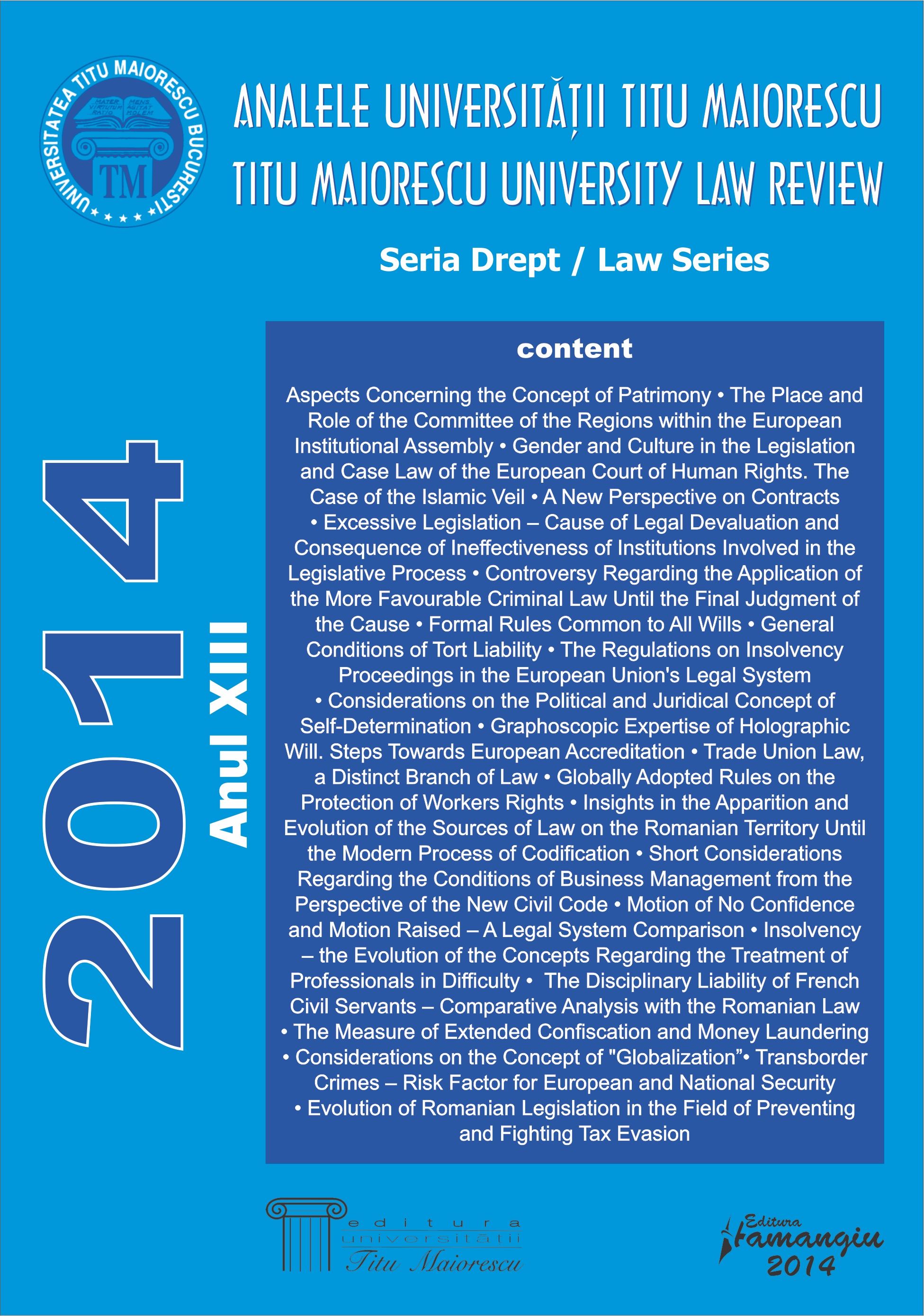FORMAL RULES COMMON TO ALL WILLS
FORMAL RULES COMMON TO ALL WILLS
Author(s): Diana-Geanina IonaşSubject(s): Law, Constitution, Jurisprudence, Civil Law
Published by: Editura Hamangiu S.R.L.
Keywords: testament; formalism; rules; testamentary freedom
Summary/Abstract: At first glance, we could say that testamentary formalism is not as strict as in the case of donations, as the testator has the opportunity to choose between the forms of wills required by law. From another perspective, however, testamentary formalism is extremely strict in the sense that the violation of the form rules established expressly by the legislature is sanctioned by absolute nullity.Testamentary formalism is imposed by the legislature as a guarantee in terms of freedom of expression and preservation of the last will of the testator, in other words, the legislature intended to maintain this strict formalism precisely in order to preserve untouched the last will of the testator, especially considering that we are dealing with a unilateral and exclusive act mortis causa . Regardless of their way, formal rules common to all wills are: incumbency of written form, respectively banning the nuncupative will; incumbency of the separate testament respectively prohibition of joint wills; mandatory registration of the genuine will in the National Notarial Register. So although the New Civil Code expressly establishes in the content art.955 para.1 the principle of testamentary freedom, this freedom is not absolute but subject to certain rigours meant to protect the testator's will and the rights of the heirs.
Journal: Analele Universității Titu Maiorescu
- Issue Year: 2014
- Issue No: XIII
- Page Range: 96-107
- Page Count: 11
- Language: English

